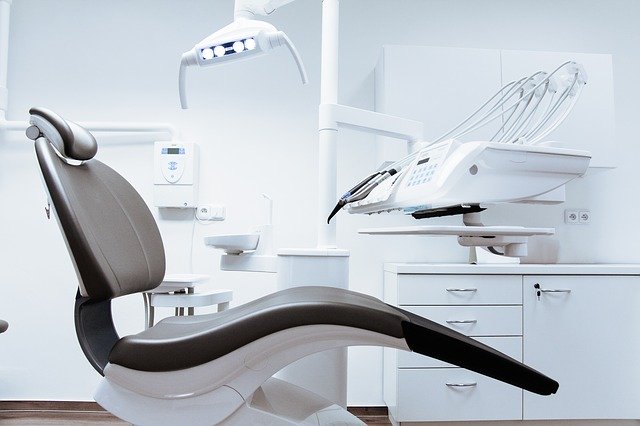
Most dentists graduate dental school without having taken a single course in accounting. A dentist is a business owner just the same and needs to be concerned with the daily finances of their practice. Every office encounters unique challenges in their accounting systems that can make or break the success of their practice. Some of those challenges include:
1) Enormous Debt
The average dental school student graduates with a quarter of a million dollars in debt. Opening a practice can double that with a business loan. Paying down that debt is a huge challenge for independent dentists. Accounting for the debt payments in your expenses is important. You may decide to refinance your student and business loans together to get a better interest rate and consolidate your debt. You can automate loan payments so you don’t miss any thus negatively affecting your business credit. You can also increase your payments as your business profitability increases to pay down your debts faster.
2) Insurance red tape
I spoke with one dentist who told me of a procedure that could easily be done in one visit, but insurance companies required it to be done in two. Rather than put her patients who were pediatric and high anxiety through prolonging the procedure, she decided to do what was right for the patients and write off the expense as a business loss. How you account for procedures that might not be fully compensated by insurance companies is an accounting nightmare. You record the cost of the procedure as accounts payable and the insurance payment as income. Then you bill the client for the difference. But if you are writing off a portion of the procedure as a loss because you don’t bill the client for the full amount, you’ll need to record that loss separately so the client doesn’t get continually invoiced.
3) Expensive equipment
Dental equipment is constantly evolving and if you purchase your equipment, you may find it outdated in a few years. Like buying a car, the machines depreciate with age and use. While it’s necessary to have the equipment for your exams, it’s not an ideal investment. You can write off the depreciation of the machines as a business loss, but you may be losing patients who want a more modern office.
You can opt to rent or lease dental equipment, which can have great benefits. You won’t have to pay for the maintenance or repairs to the machines, and you can upgrade to new machines when the lease period is over.
4) Law compliance
Medical and dental laws are constantly changing. What procedures you follow today may change tomorrow without notice. If your practice is not compliant with new laws, you can increase your chances of an audit. Having an accountant who is well-versed in the law is crucial, but ensuring that person is regularly engaged in new training can save you from non-compliance.
5) Employee error or theft
If you’ve hired a bookkeeper for the practice, you’re taking a big step in growing your business. However, you can never remove yourself completely from your finances. Without oversight, employee error or theft can go unnoticed and become a much larger problem than it needs to be. Review your books monthly and look for anything out of place. Having a professionalaccounting firm take a second look at the books can be a huge time saver for you, and can alert you to changes that need to be made in the future.



